Ever feel like your dog just knows when you’re having a rough day? That’s no coincidence. Dogs often pick up on our emotions and respond with comforting nudges, soulful stares, or by simply sitting close—just like a four-legged therapist. From sensing your stress to refusing to leave your side when you’re down, their empathy is truly remarkable. Some pups will even mirror your mood or act extra goofy to lift your spirits. These little acts of emotional support aren’t just cute—they’re deeply healing. If your dog does these things, they’re not just a pet—they’re your personal therapist with a wagging tail.
They Always Know When You’re Sad
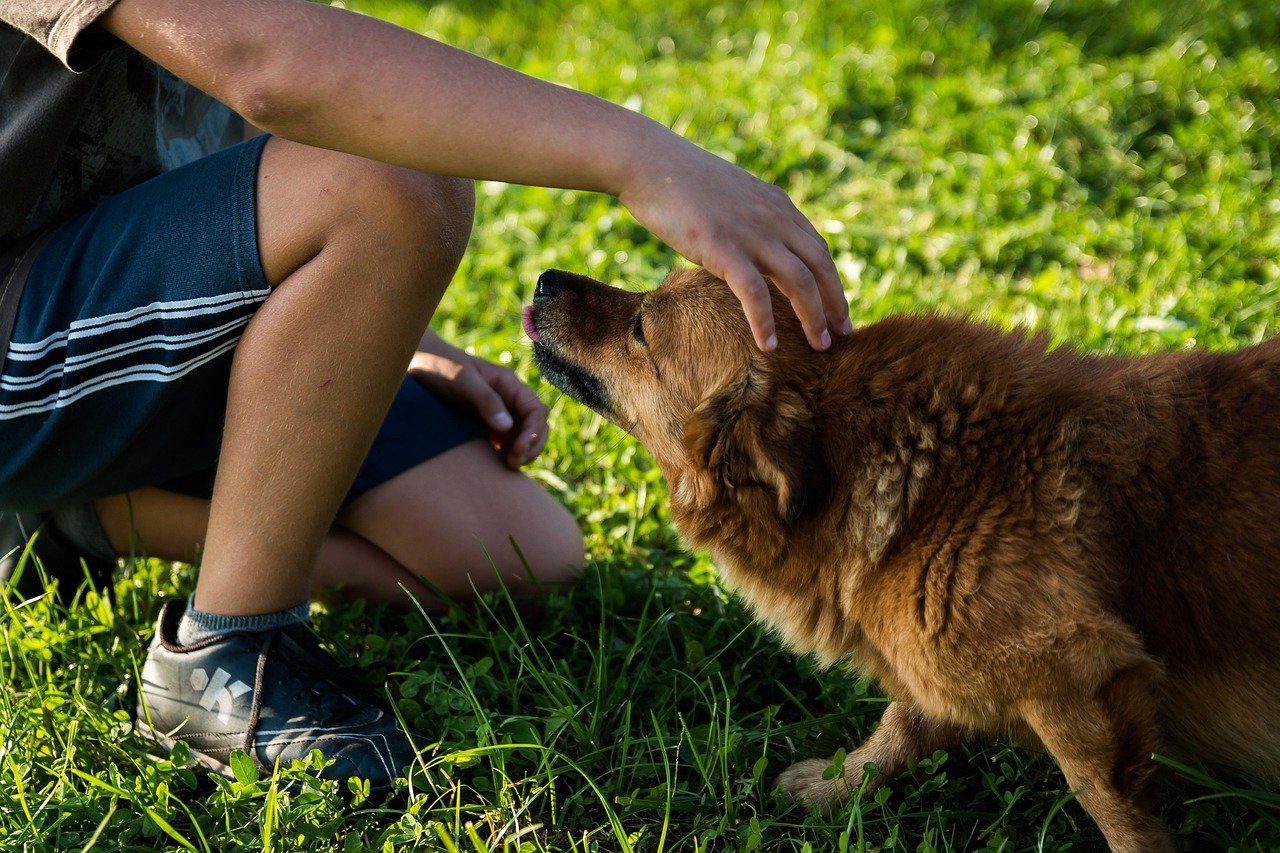
Dogs have an uncanny ability to sense when something is off. If you’re feeling sad or upset, you might notice your dog hovering nearby, suddenly more attentive than usual. It’s as if they can smell your tears before they even fall. Some pups will quietly lay their head on your lap, while others might nuzzle or lick your hand. Their instinct to comfort you in these moments shows they’re tuned into your emotions. It’s almost like having a living, breathing emotional radar right in your home. Many people find this behavior both healing and heartwarming.
They Sit Silently Beside You During Tough Times
Sometimes words aren’t necessary. Your dog just sits there, quietly, offering the kind of presence that says, “I’m here for you.” This silent companionship is one of the clearest signs your dog wants to be your emotional support. They don’t try to fix things or offer advice, but their calming presence can be more powerful than a thousand words. Many people feel less alone when their dog is nearby during tough moments. If your dog does this, they might just be the best therapist you never asked for.
They Bring You Their Favorite Toy When You’re Down
Have you ever noticed your dog drop their beloved squeaky toy at your feet when you seem upset? Dogs often try to cheer us up by sharing what makes them happiest. This simple gesture says, “Let’s play, or at least hold onto this until you feel better.” It’s like a child offering their most prized possession to help a friend in need. Even if you’re not in the mood to play, your dog’s attempt to lift your spirits is both sweet and telling.
They Gently Paw at You for Attention
A gentle paw on your arm or leg can be a dog’s way of saying, “Hey, I’m here—talk to me.” When you’re stressed or anxious, you might feel a soft nudge, as if your dog is checking in on your well-being. This little act can break through your emotional fog and remind you that you’re not alone. Some people compare this to a friend giving you a reassuring pat on the back. It’s often just the right touch to help you reset.
They Follow You from Room to Room
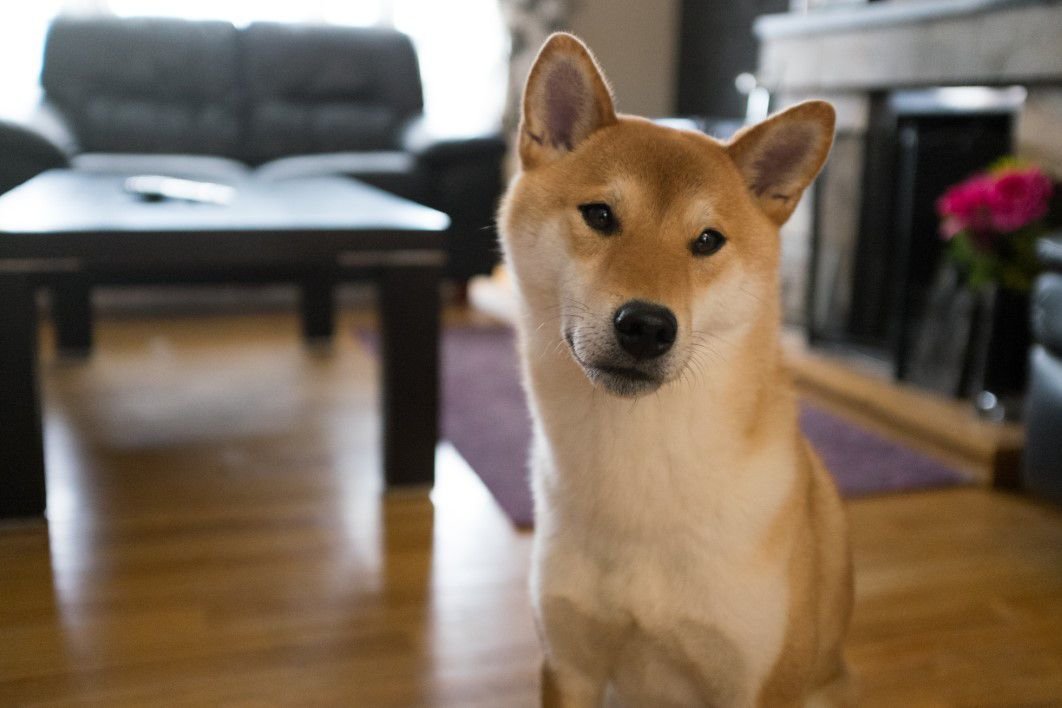
You can’t go anywhere in the house without your dog trailing behind. It’s not just about curiosity; it’s about making sure you’re okay. Dogs who act as our “shadows” often sense when we need extra support. Their constant presence is comforting, like a silent bodyguard who won’t let you feel abandoned. If your dog does this, they’re probably trying to keep a close eye on your emotional state.
They Know When to Give You Space
Surprisingly, some dogs sense when you need a little time alone. Rather than crowding you, they might sit a short distance away, quietly watching. This respectful space-giving is a rare trait—even among humans! It shows that your dog understands different types of comfort and knows when you need a moment to yourself. Sometimes, the best therapy is just having someone nearby, not necessarily right in your lap.
They Interrupt Negative Behaviors
If you start pacing, biting your nails, or showing other signs of anxiety, your dog might step in—literally. Some dogs will nudge you or even put themselves between you and your stress behaviors. It’s almost as if they’re saying, “Hey, let’s not go down this path.” This kind of gentle intervention is a classic therapist move, helping you break out of negative cycles before they spiral.
They Mirror Your Emotions
Has your dog ever matched your mood? When you’re sad, they become subdued, and when you’re happy, their tail wags a mile a minute. This emotional mirroring is one of the most touching signs of a canine therapist. Dogs are experts at reading body language and picking up on subtle cues. Their ability to reflect your feelings back to you can sometimes help you become more aware of your own state of mind.
They Encourage You to Get Outside
No matter how down you’re feeling, your dog will still need their walk. Sometimes, that’s exactly what you need—a reason to step outside, breathe fresh air, and get moving. Dogs know that physical activity is good for the soul, even if they can’t say it out loud. When your pup brings you the leash or waits by the door, they’re not just asking for a stroll—they’re nudging you towards self-care.
They Offer Physical Comfort and Warmth
There’s nothing quite like the weight of a dog’s body pressed against yours when you’re feeling low. Whether they curl up in your lap or snuggle beside you in bed, dogs instinctively know that touch is healing. Their warmth can feel like a living blanket, chasing away the chill of loneliness or worry. For many, this simple act of closeness is more effective than any words of reassurance.
They Listen Without Judging
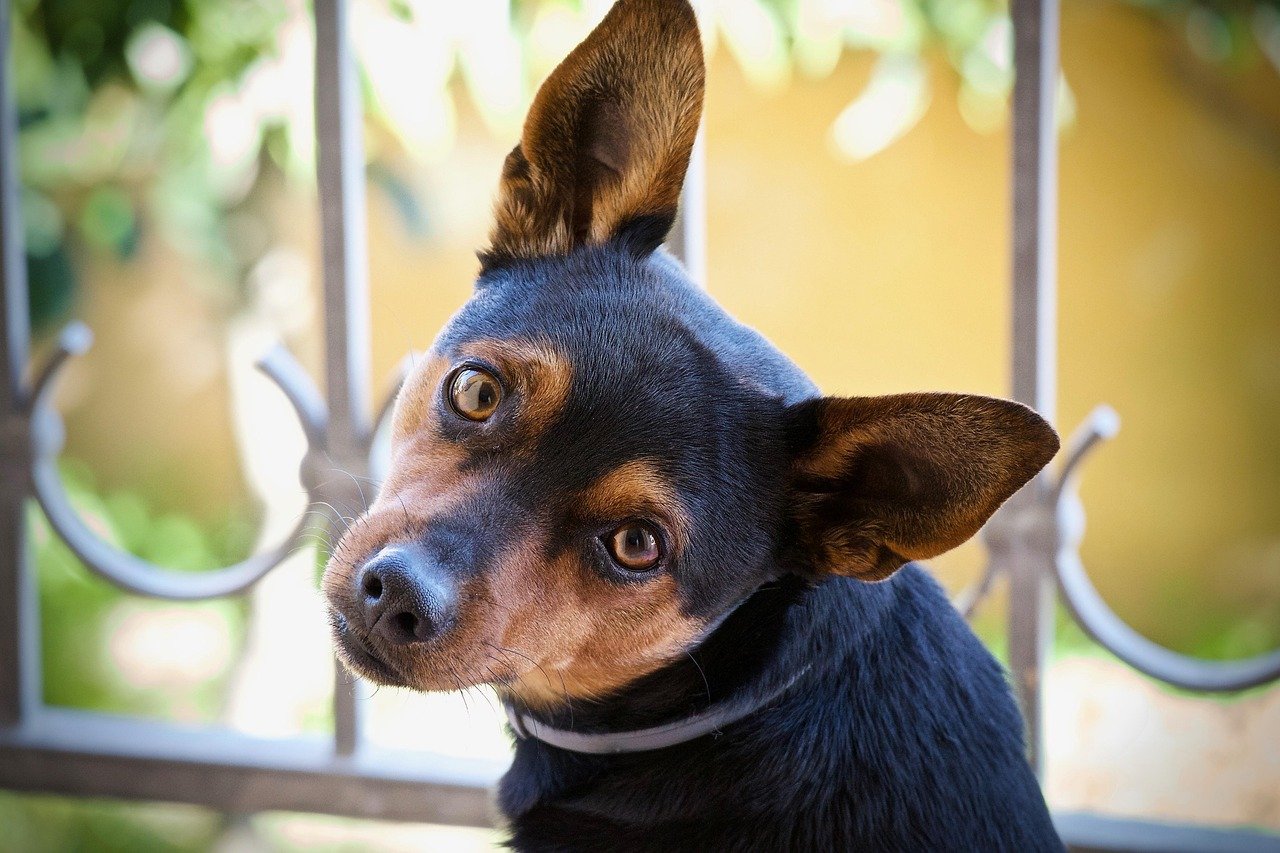
You can tell your dog anything—your secrets, your fears, your wildest dreams. They’ll never judge you or interrupt. This nonjudgmental listening is a powerful form of therapy. Sometimes, all we need is someone to “hear” us out, even if they don’t literally understand the words. It’s no wonder many people feel more comfortable opening up to their pets than to other people.
They React to Your Voice
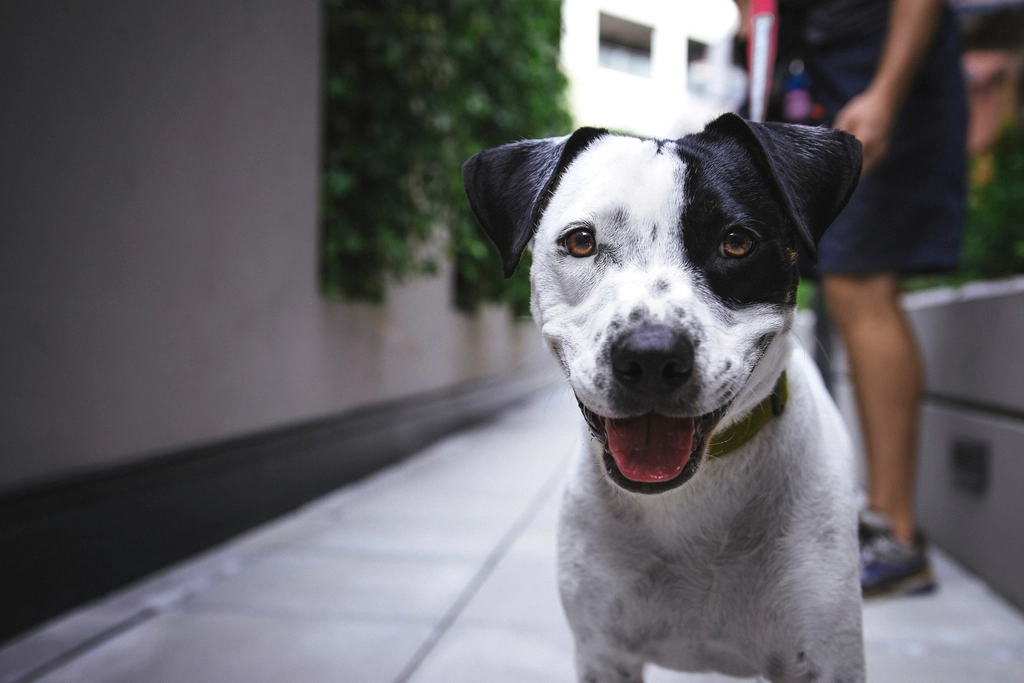
If you’re speaking in a sad or anxious tone, you might notice your dog’s ears perk up or their head tilt in concern. Dogs are incredibly sensitive to changes in our voices. They can pick up on the tiniest shifts—whether you’re whispering, crying, or even sighing. Their attentive reactions show they’re tuned into your emotional needs, ready to respond however they can.
They Wake You Up If You’re Having a Nightmare

Some dogs have been known to rouse their owners from bad dreams or restless sleep. If your dog jumps onto the bed or nudges you awake during the night, they might be responding to your distress. This protective instinct isn’t just about keeping you safe from outside threats—it’s about making sure you’re okay emotionally, too.
They Encourage Laughter and Playfulness
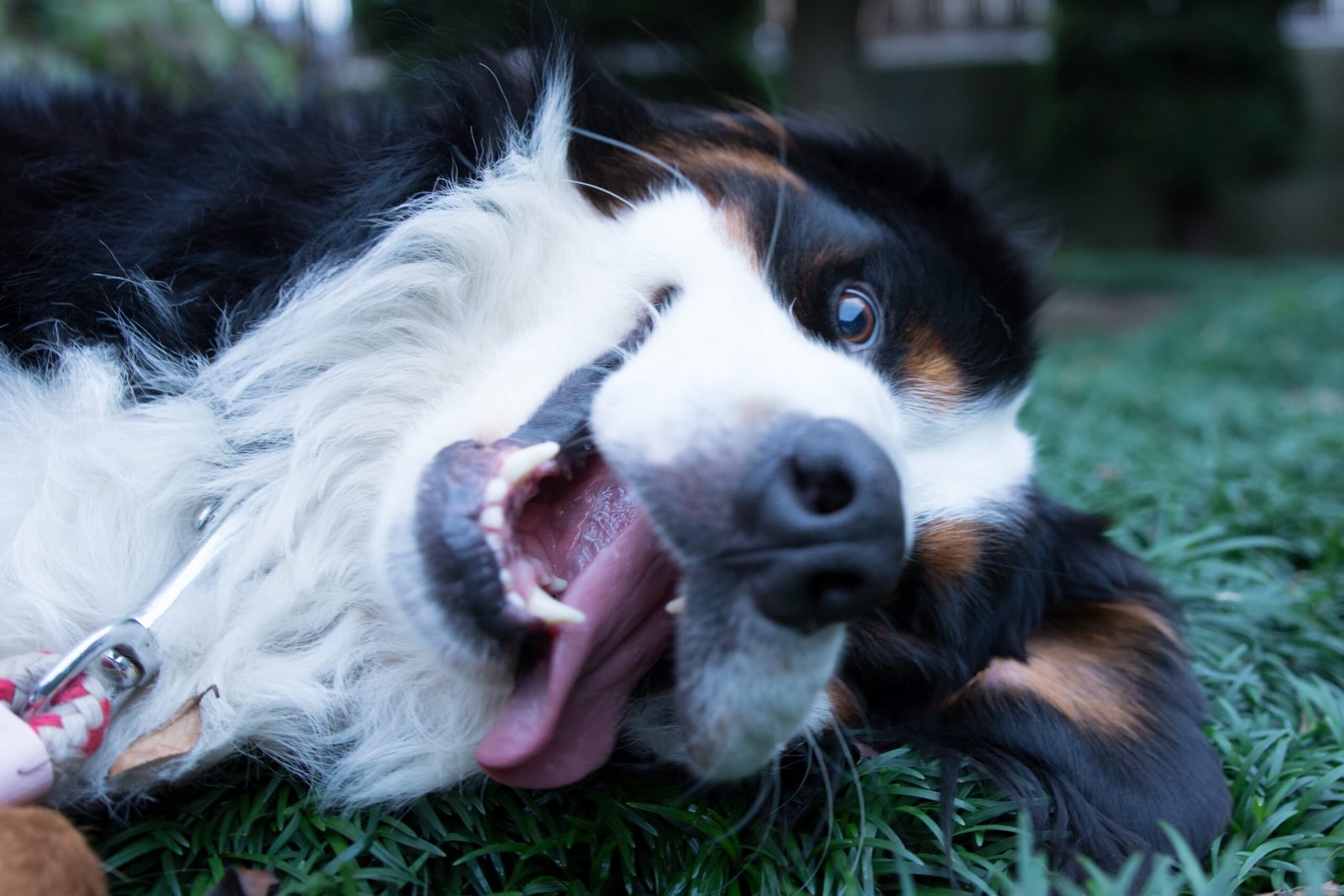
Even on your worst days, your dog might do something silly to make you smile—a goofy dance, a funny bark, or an exaggerated “play bow.” Laughter is a powerful antidote to stress, and dogs seem to know this instinctively. Their willingness to be ridiculous just to see you laugh could rival any stand-up comedian. In their own way, dogs remind us not to take life too seriously.
They Watch Over You When You’re Sick
If you’re feeling under the weather, your dog may become especially attentive—lying beside you, refusing to leave your side, and even watching over you as you nap. This caregiving behavior is a classic sign of a dog who sees themselves as your comforter and protector. Their loyalty and concern often help people feel less isolated during illness.
They Offer a Safe Space for Tears
Crying in front of others can be tough, but with your dog, you don’t have to hold back. Many pet owners find comfort in hugging their dogs during emotional moments. Your dog won’t flinch at your tears—instead, they may lick your face or press closer, letting you know it’s okay to let it all out. They provide a judgment-free zone where your emotions are welcome.
They Anticipate Your Routines and Needs
Dogs are creatures of habit, and they often learn your emotional patterns. If you tend to get anxious before a big meeting or sad during certain times of year, your dog might start offering extra comfort before you even realize you need it. Their ability to anticipate your needs shows a deep connection—almost as if they’re reading your mind.
They Celebrate Your Joys, Too
Therapy isn’t just about helping during tough times—it’s also about sharing in your happiness. When you’re excited or celebrating, your dog’s enthusiasm knows no bounds. They’ll wag, jump, and spin around, joining in your joy as if it were their own. This ability to share in both your highs and lows is the mark of an exceptional canine therapist, always by your side through every emotional storm and sunshine.
Conclusion: They Never Give Up on You
No matter how many times you push them away, snap in a moment of frustration, or withdraw into yourself, your dog remains steadfast. Their patience and unconditional love are unwavering, even when you’re at your lowest. Unlike human therapists, dogs don’t clock out or keep office hours—they’re always available, always willing to listen, and always rooting for your happiness.
If your dog checks in on you during tough moments or seems to “just know” when you’re feeling low, you’re not imagining it—they really might think they’re your therapist! Their loyalty, empathy, and instinct to comfort can be incredibly healing. These little gestures remind us that emotional support doesn’t always need words—sometimes, a wagging tail and warm eyes say it all. So next time your pup curls up beside you during a rough day, give them a little thank-you—they’re doing important work.
Jen is a passionate nature lover and ocean conservationist. She has dedicated her life to protecting the environment and preserving the beauty of the natural world. Growing up in a small coastal town, Jen sincerely appreciated the ocean and its inhabitants. She has spent countless hours exploring the shoreline, learning about the creatures that inhabit the waters, and advocating for their protection. Jen is an active member of ocean conservation organizations, and she is committed to educating the public about the importance of conserving wildlife and the natural environment.





